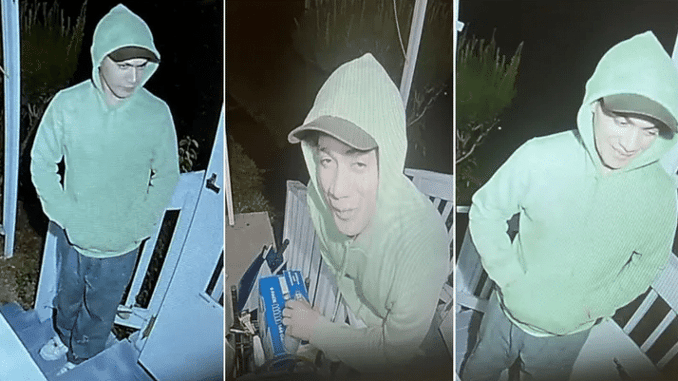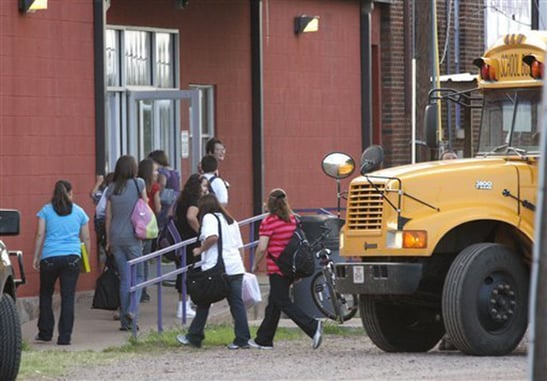So, you got your concealed carry permit. Kudos to you for taking that first step! Now what?
Those of us who refer to ourselves as being part of the gun culture all believe in the principles of the Constitution and believe that the Second Amendment is the gate keeper for all the other parts of the document. All law-abiding citizens have the right to keep and bear arms. But should every citizen exercise that right? Many gun-grabbers try to use the false argument that, “you have to have a license and registration to own a car, so why not a gun?” Of course, this logic is flimsy and the statement is flat out false. In fact, you DON’T need to have a license and registration to own a car, nor do you need them to operate a car on your property. You only need those documents to operate the vehicle on public roads. The same can be applied to firearms.
While I am a firm believer that we should be allowed to own firearms as stated in the Second Amendment and that the right shall not be infringed, a concealed carry permit is something a little different. It carries with it a higher level of responsibility. By that, I mean you have a duty as a CCW holder to have a higher level of competence if you’re going to carry concealed in public.
Last autumn, I took a group of women to the range for a coaching shoot. One of the women brought her husband. It was clear that he had absolutely no training but I suspect he didn’t want to let on in front a group of women and my husband. (Side note: there is no shame in admitting that you don’t have any experience with firearms. In fact, saying so creates a safer environment for everyone involved.) He owned an old Ruger P85 that he brought for his wife to use. I knew we were in for a long night when he pulled out his pistol and inadvertently pointed it at my husband, who is also an instructor, and told him “don’t worry, my clip doesn’t have bullets.”
While I was working with the women in the group, I gave the man to my husband to look after. On his first trip to the line, the man had a double-feed. He tried to rack the slide. My husband told him to keep the gun pointed downrange and to drop his magazine and to rack the slide again with his finger off the trigger. The man turned toward me, muzzle included, and my husband immediately grabbed the gun from him, redirecting it downrange. The man looked at my husband bewildered. He said, “Don’t worry, I dropped the clip, it’s not loaded.” My husband, now somewhat livid, had the man observe while he racked the slide again with the magazine still on the ground. Lo and behold, a shiny round popped out and fell to the ground along with the man’s jaw. This man was also a proud CCW holder. His grip was horrible and he observed very little safety awareness. Draw your own conclusions as to whether or not he should have had one with his lack of training.
In the news you will invariably see stories of concealed carriers who made rather questionable and unlawful decisions with their firearms. The woman at a Home Depot in Auburn Hills, Michigan, for example, who witnessed a shoplifter fleeing the store and opened fire in the parking lot. While her intentions were good, her judgement, or knowledge of the legal use of her firearm was not. The woman was eventually arraigned on a misdemeanor count of reckless use of a firearm. She was very lucky, as this story could have had a pretty horrific ending had she actually hit the shoplifter or worse, an innocent bystander. These kinds of stories play right into the hands of the gun-grabbers.
I don’t know if this woman had any training, and if she did, she didn’t pay attention to some of the basic universal laws that are true in all states about discharging a firearm. Basic pistol courses don’t delve into much of the law as part of the curriculum, however in my classes, we do make it a point to go over some very basic DON’Ts. Though I’m not attempting to offer legal advice, I can tell you some very basic things to avoid doing.
Here are a few:
- Do not pull out your firearm unless you have no other option if you are genuinely in fear for your life or the life of another (and even the second half of that one is tricky.)
- If an intruder is fleeing your home, don’t chase him down the street and don’t fire your gun at him if he is clearly fleeing. In other words, if the threat to your life or to loved ones is over, holster your firearm.
- A bullet in the back is almost impossible to defend in court.
- Do not follow Vice President Biden’s sage advice of firing projectiles into the air. That, too, will get you in hot water with the police. It’s a stupid piece of advice. Anytime you put a projectile into the air, it is going to return to the earth at terminal velocity, which can kill someone.
- You are not a police officer. Your gun is for PERSONAL PROTECTION. Your CCW permit is not a badge.
There are some great resources out there to help you get up to speed in your knowledge of firearms and the law, which is a must if you carry. The Second Amendment comes with some personal responsibility. Know your firearm. Know how it operates, its idiosyncrasies, its trigger dynamics. Clear your gun, put your ammunition in another room and practice dry-firing. A LOT! Train. And I don’t just mean take 50 rounds to the range and try to hit paper targets standing in a static position. I mean get training from a pro. Then go practice those skills often. It’s crucial that you learn to clear jams. Practice drawing from concealment and re-holstering. This can be done with a blue gun, and probably should be at first. Practice dropping mags and reloading. Try doing some vigorous exercise before stepping to the line and firing. This can really be helpful in getting used to operating a gun under stress.
Being a gun owner is a great expression of our Second Amendment rights. Making the decision to carry your firearm is an extension of that right, but if you aren’t prepared to take the time and effort learn as much as you can, you need to ask yourself, “is a CCW permit right for me?”










![[WATCH] School Security Guard Disarms Student With Shotgun, Immediately Gives Him Hug](https://imagedelivery.net/sbm_lYeJbALkepJgtmRD5w/concealednation.org/2019/10/ScreenHunter_2667-Oct.-19-15.57.jpg/w=728,h=381)

![[VIDEO] See The GLOCK 43 In Action](https://imagedelivery.net/sbm_lYeJbALkepJgtmRD5w/concealednation.org/2015/03/ScreenHunter_340-Mar.-19-11.22.jpg/w=728,h=381)
